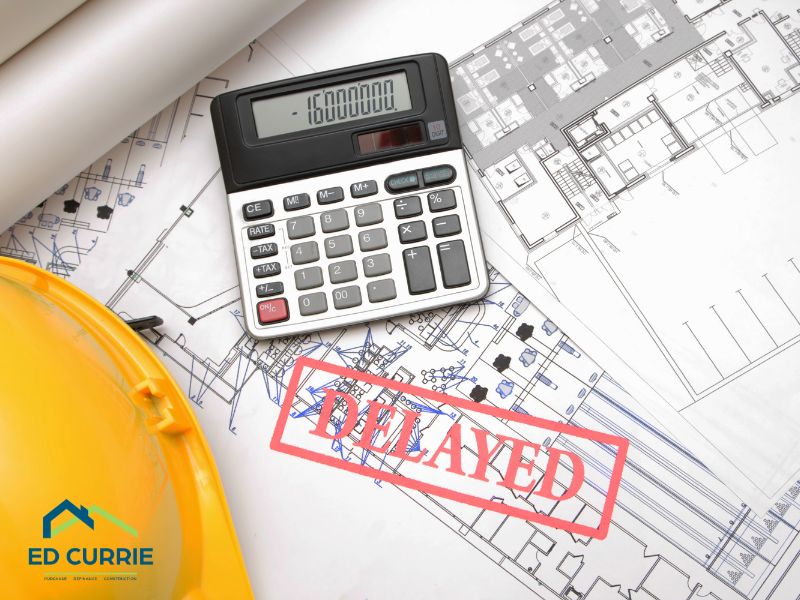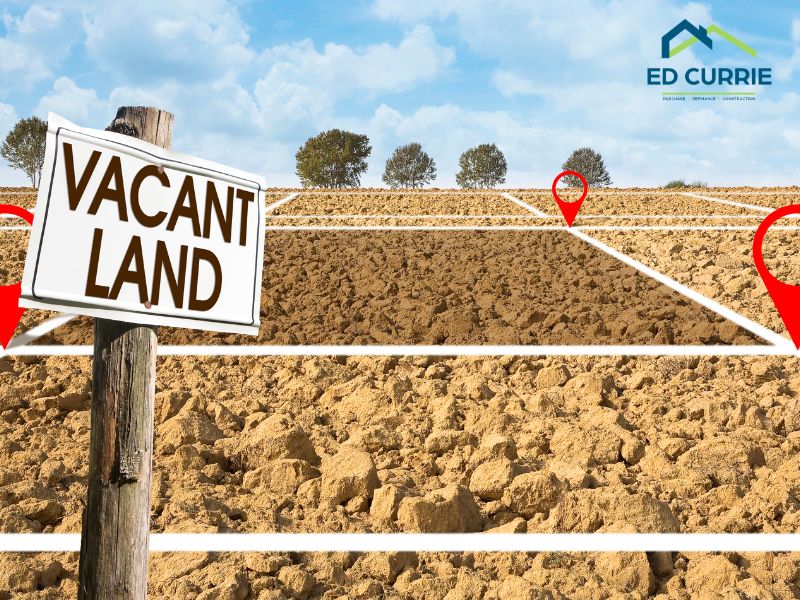
Securing a construction loan for a new project often requires an appraisal to estimate the value of the finished property. Unlike existing structures, a new construction appraisal relies on plans, budgets, and land values, making it unique and prone to specific challenges. For anyone entering the appraisal process, understanding common issues can help in navigating the potential pitfalls of this critical step.
Understanding the Appraisal Process
An appraisal provides more than just property value; it gives lenders insight into the viability of the project as collateral. A typical report covers the property’s projected value, site and design specifications, budget estimates, and neighborhood comparisons. With new construction, the appraiser must assess value based on what is planned rather than what exists, adding an extra layer of complexity.
Key Steps in the Appraisal Process
Solution: Discuss with your lender early in the loan process to understand their timeline. Make sure all required documents are submitted on time to avoid further delays.
Solution: If you believe the valuation is inaccurate, work with your lender to provide additional relevant comparable or details about the project. The lender can communicate your points to the appraiser for possible adjustments.
Navigating new construction appraisals can be challenging but understanding these common problems and how to address them can ease the process and support a successful project. Have questions? Give us a call, we are always happy to help.
- Gather Required Documents: Include property details, construction plans, and budget breakdowns.
- Submit Documents to Your Lender: Letting your lender handle the appraiser selection ensures compliance and saves time.
- Lender Engages Appraiser: Only the lender can officially order the appraisal, helping to maintain objectivity.
- Site Visit: Often just land at this stage, the appraiser may visit to assess the lot and surrounding area.
- Reviewing the Appraisal Report: Examine the report for accuracy and completeness, discussing any concerns with your lender.
- Appraisal Delays
Solution: Discuss with your lender early in the loan process to understand their timeline. Make sure all required documents are submitted on time to avoid further delays.
- Low Appraised Value
Solution: If you believe the valuation is inaccurate, work with your lender to provide additional relevant comparable or details about the project. The lender can communicate your points to the appraiser for possible adjustments.
- Report Errors
Navigating new construction appraisals can be challenging but understanding these common problems and how to address them can ease the process and support a successful project. Have questions? Give us a call, we are always happy to help.




![EdCurrie_Logo White[Transparent] EdCurrie_Logo White[Transparent]](https://edcurrie.com/wp-content/uploads/elementor/thumbs/EdCurrie_Logo-WhiteTransparent-qybu3sjgpfhje9098uitv7fpt7os2hgn52gfy6ocx4.png)